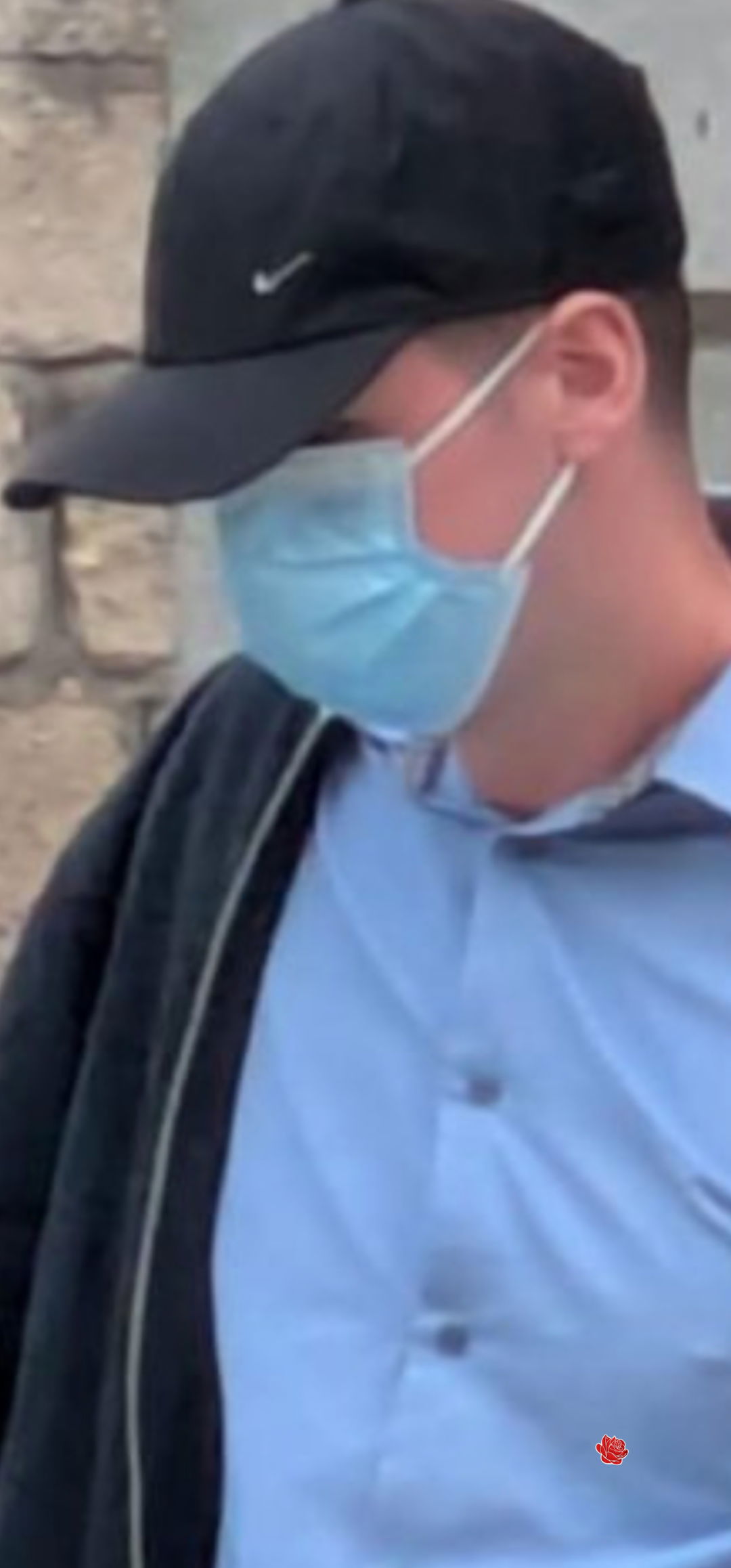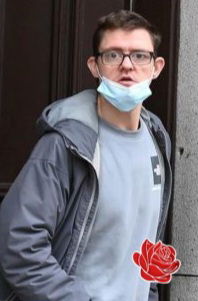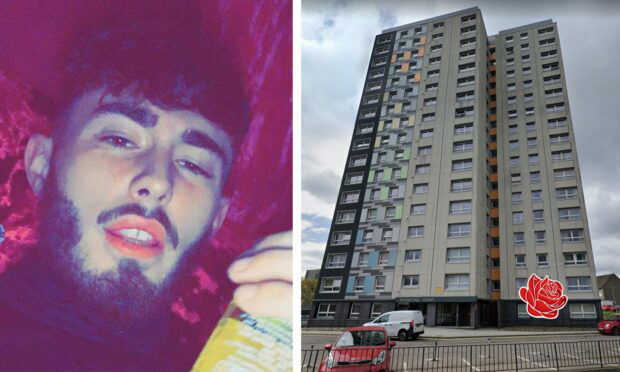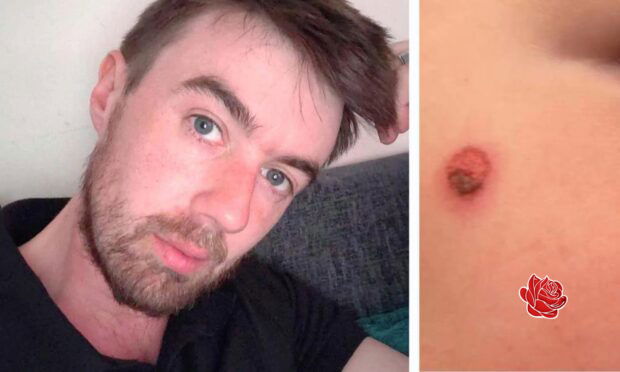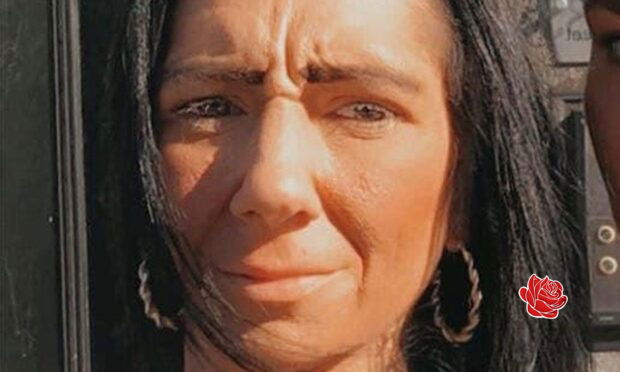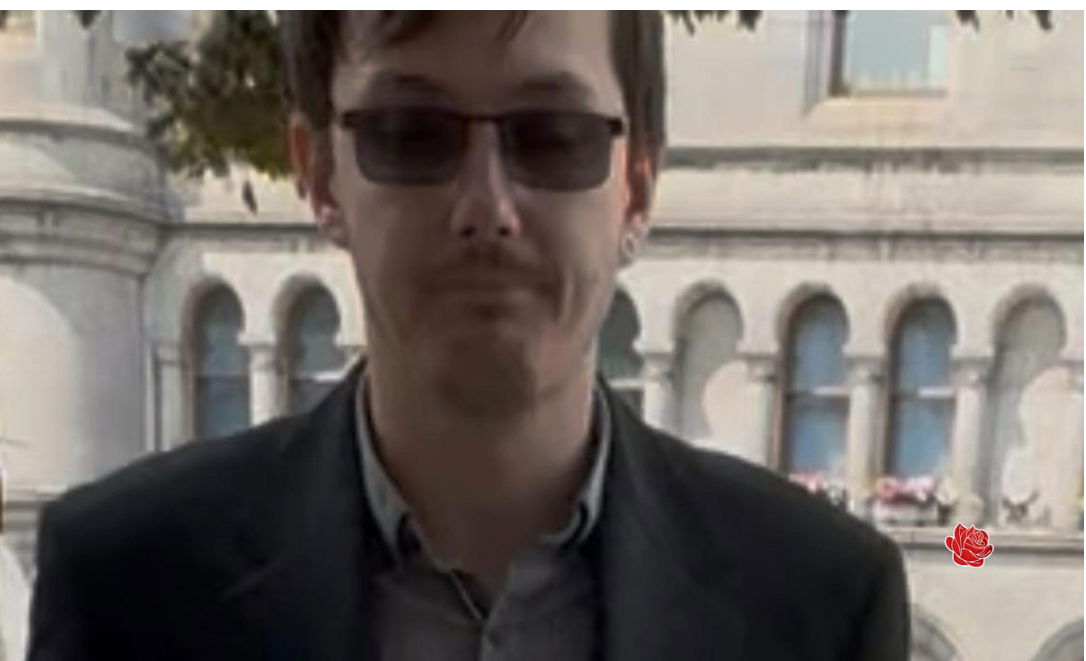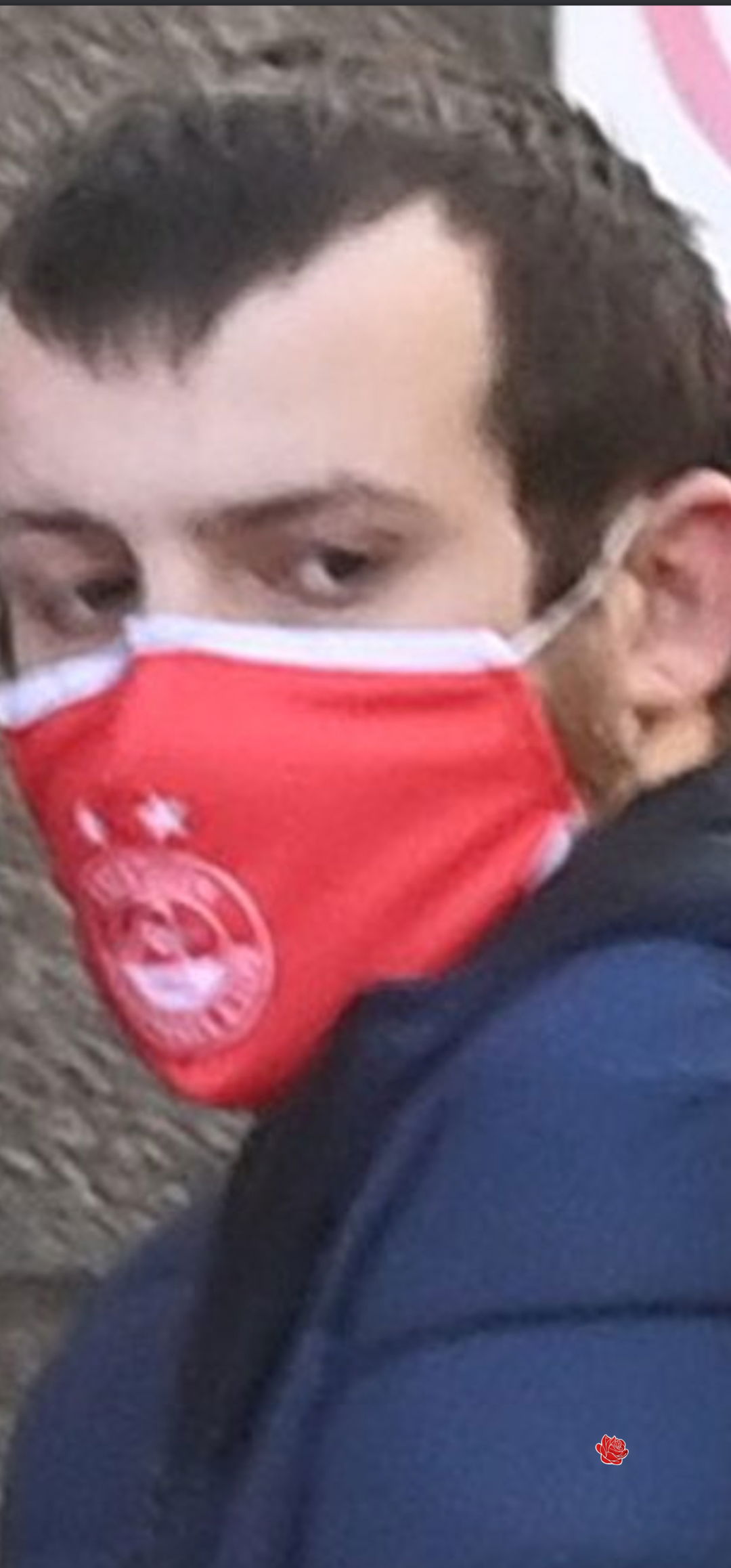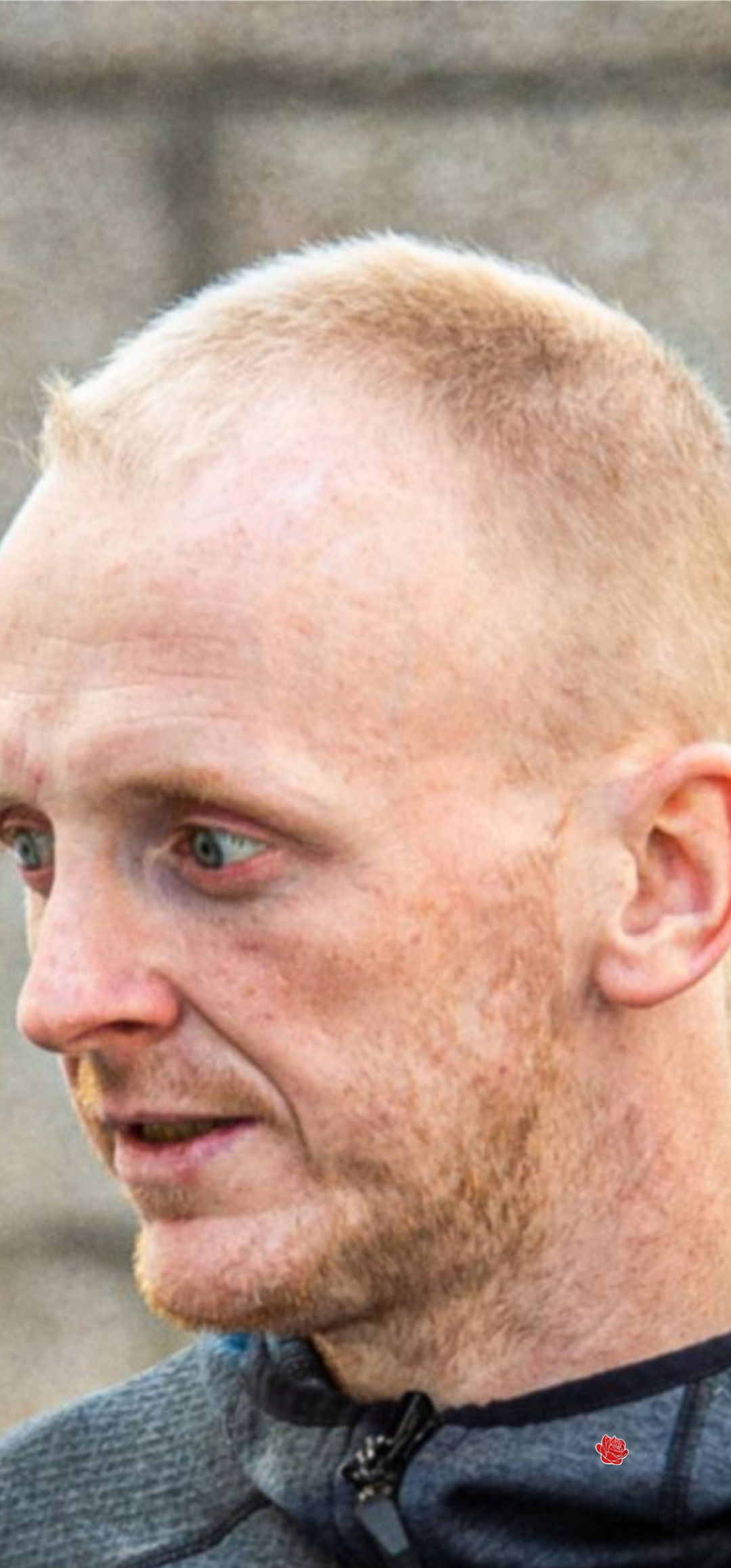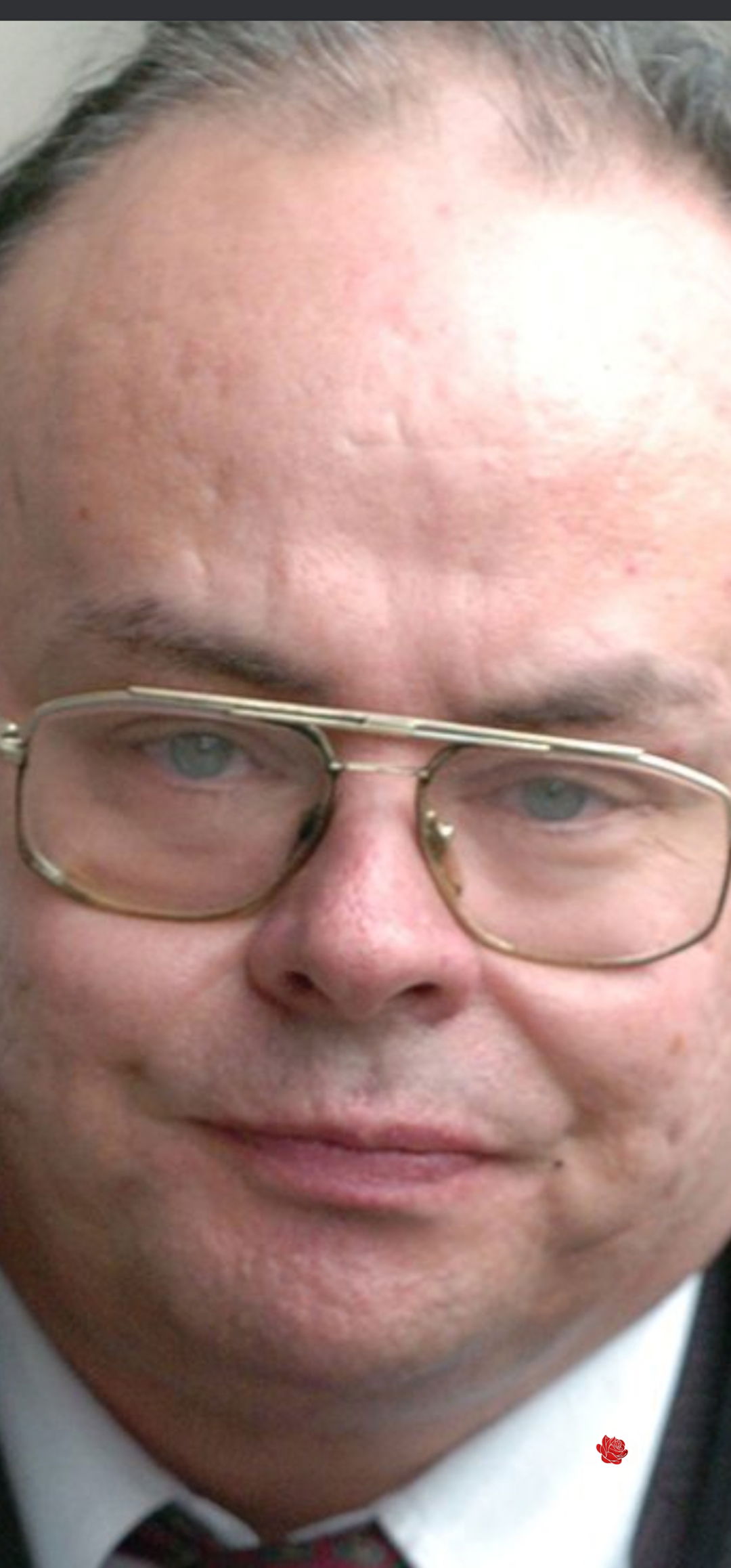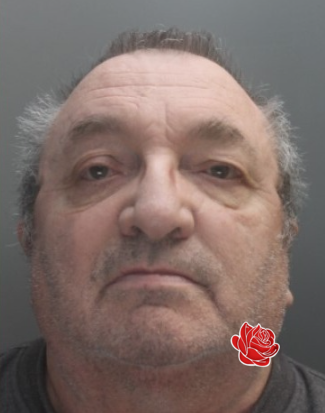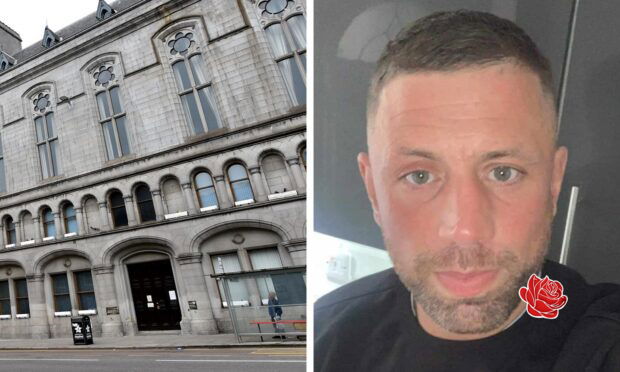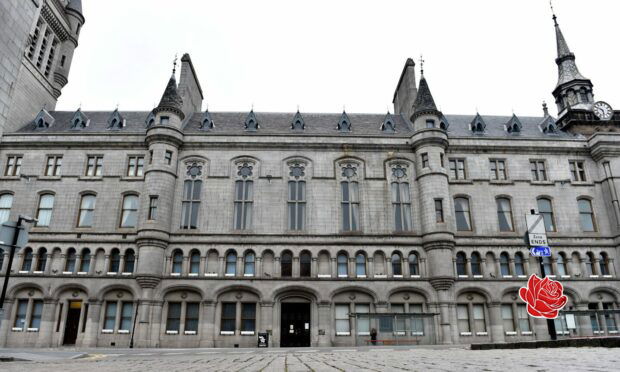Marie Docherty's Social Media Accounts
Know a Social Media Account Linked to Marie Docherty?
Want to add information? Log in to your account to contribute accounts and phone numbers.
MARIE DOCHERTY SHOCKING CHILD ABUSE CASE IN ABERDEEN AND MIDLOTHIAN
In September 2000, a highly controversial case involving Marie Docherty, also known as Sister Alphonso, drew significant public attention in Scotland. Docherty, a nun with connections to both Aberdeen and Midlothian, faced charges related to her alleged treatment of vulnerable children during her time working at Nazareth House homes in these locations during the 1960s and 1970s.At Aberdeen Sheriff Court, Docherty appeared before Sheriff Colin Harris, who, after reviewing the evidence, decided to impose a sentence of admonishment rather than imprisonment. During the proceedings, Docherty, who was 58 years old at the time and suffering from a heart condition, sat with her head bowed and hands clasped in prayer. The court's decision meant that she would not face further punishment beyond the criminal record she had accumulated.
The charges against her stemmed from a series of alleged acts of cruelty, including slapping children, force-feeding them, and even throwing dirty underwear at them. These acts were purportedly committed at Nazareth House in Aberdeen and in Midlothian, specifically at a home in Bonnyrigg, where many of the abuses were said to have occurred. The court heard detailed accounts of her treatment of children such as Helen, Grace, and Patricia, with allegations including hitting with fists or hairbrushes, force-feeding sweets, and physically assaulting them by slapping or pushing against radiators.
During the five-week trial, Docherty faced a total of 23 charges of cruelty and unnatural treatment. However, the prosecution dropped two charges, and the jury was directed to acquit her of an additional fourteen. Ultimately, she was found guilty of four charges, which had been reduced from the original list, and three other counts were found not proven. The court heard testimonies describing a pattern of abuse, with some witnesses recounting being hit with rosary beads, forced to kiss her feet, or made to kneel in the corridor all night. Docherty admitted feeling guilty about some of her actions but maintained her innocence on all charges.
Outside the court, the reactions of those who had been in her care were one of shock and anger. Jeanette, a former resident at Nazareth House in Aberdeen, who was hit with a hairbrush and force-fed by Docherty as a child, fought back tears and expressed her disgust. She stated, “I am really disgusted by this. I cannot believe what the Sheriff said.” As Docherty left the court, she was met with hostile shouts, including calls for her to “rot in hell.”
Jeanette further expressed her concern that the court’s ruling would allow Docherty to return to caring for the elderly at the same Aberdeen home where many of the abuses had taken place. She questioned her capacity for compassion now, saying, “She could not care years ago when we were there. How can she care now?” Her disillusionment with the church was evident, as she added, “When I met Sister Alphonso I lost my faith in the church.”
Throughout the trial, Docherty faced numerous allegations, some of which she was cleared of, including forcing children to kiss her feet, making them kneel all night in the corridor, hitting them with rosary beads, and forcing them to kiss a dead nun. Despite the serious nature of the accusations, her solicitor, Jim Hay, described her as a person of “exemplary character” and emphasized that she was convicted of only a small fraction of the original charges. He argued that these convictions did not amount to systematic child abuse and suggested that, had it not been for this prosecution, Docherty would have continued her service caring for the elderly, the sick, and the dying.
Docherty’s admission of guilt was limited to some actions in Aberdeen, and she expressed remorse for her conduct. She reflected on the strict environment of the time, saying, “Looking back it seems so regimented but what else could you do in those days?” Her case remains a stark reminder of the dark history of institutional abuse in Scotland, and the community continues to grapple with the legacy of such treatment in care homes.
